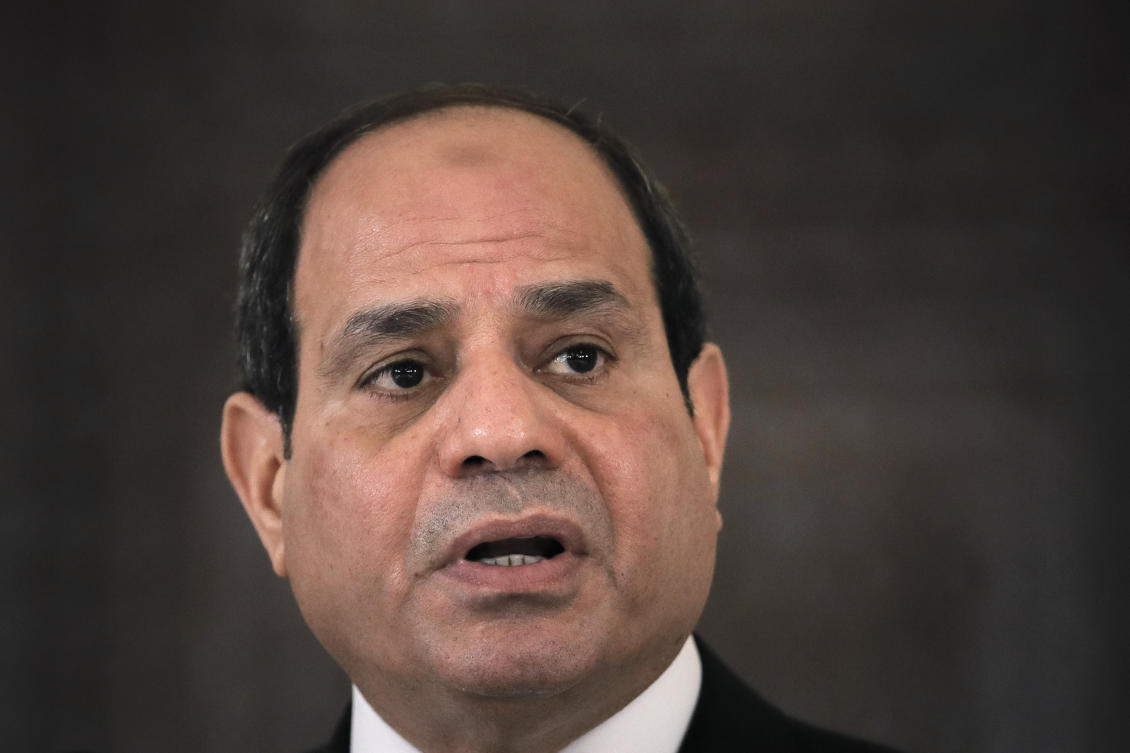WASHINGTON: US President Donald Trump on Saturday confirmed that Hamza bin Laden, the son and designated heir of Al-Qaeda founder Osama bin Laden, was killed in a counter-terrorism operation along the Afghanistan-Pakistan border.
US media reported in late July and early August, citing intelligence officials, that the younger Bin Laden had been killed sometime in the last two years in an operation that involved the United States.
Secretary of Defense Mark Esper confirmed the death last month, saying it was “his understanding” that Bin Laden was dead, but Trump and other senior officials had not publicly confirmed the news.
“Hamza bin Laden, the high-ranking al-Qaeda member and son of Osama bin Laden, was killed in a United States counterterrorism operation in the Afghanistan/Pakistan region,” Trump said in a brief statement issued by the White House.
“The loss of Hamza bin Laden not only deprives Al-Qaeda of important leadership skills and the symbolic connection to his father, but undermines important operational activities of the group.”
The statement did not specify the timing of the operation.
The 15th of Osama bin Laden’s 20 children and a son of his third wife, Hamza, thought to be about 30 years old, was “emerging as a leader in the Al-Qaeda franchise,” the State Department said in announcing a $1 million bounty on his head in February 2019 – perhaps after his actual demise.
He had put out audio and video messages calling for attacks on the United States and other countries, especially to avenge his father’s killing by US forces in Pakistan in May 2011, the department said.
That work made him important in attracting a new generation of followers to the extremist group that carried out the September 11, 2001 attacks on the United States, which left nearly 3,000 dead.
Osama bin Laden’s death and the rise of Daesh saw Al-Qaeda lose currency with younger extremists.
But the proliferation of branches and associated extremist groups in Afghanistan, Yemen, Syria and elsewhere have underscored its continuing potency.
Documents seized in the raid on his father’s house in Abbottabad, Pakistan suggested Hamza was being groomed as heir to the Al-Qaeda leadership.
US forces also found a video of Hamza’s wedding to the daughter of another senior Al-Qaeda official that is believed to have taken place in Iran.
In 2017, Hamza was placed on the US terror blacklist, seen as a potent future figurehead for the group then led by Ayman al-Zawahiri.




